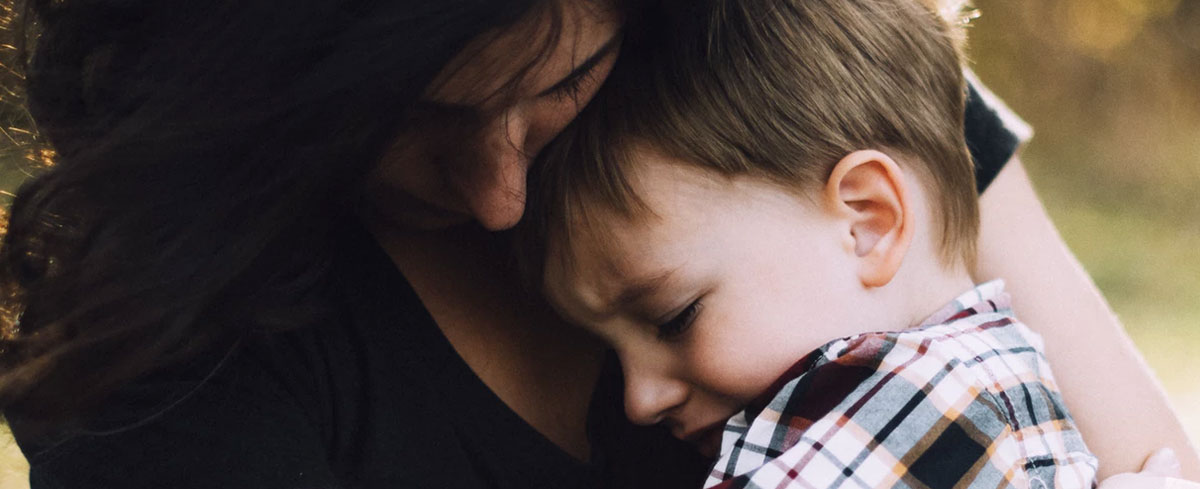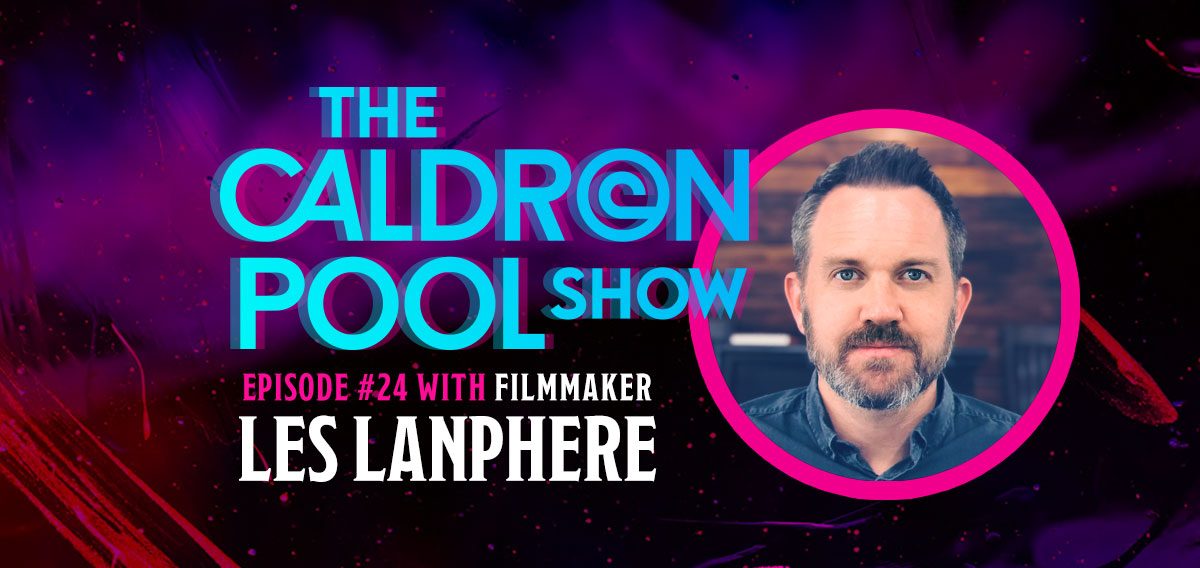One of the more vicious stigmas attached to homeschooling, particularly by The Greens, is that homeschooling is the equivalent of child abuse. While this misconception and prejudice, isn’t shared by mainstream Australia, the view is reflected in the assumption that homeschooling is the equivalent of over parenting.
Over parenting, however, is not the same as homeschooling. Over parenting involves doing everything for the child. Over parenting is the parent smothering the child in too much kindness. An old term for this is ‘’babying or pampering’’. This is a term more properly applied to the parents who refuse to let their child grow up, or the parents who raise their child in a secular or religious bubble.
Every bump, bruise or brawl is accompanied by an excessive amount of sympathy and concern. Even if their child started the fight, or caused an incident, their child is innocent and everyone else is to blame.
In some instances, over parenting is about making the parent shine. Everything done for the child is only done for the sake of the parent’s need for affirmation in the eyes of the public.
What usually drives this is quest for affirmation is insecurity and anxiety. For instance: mum or dad projects their fears and insecurities onto their child. Acting on an unhealthy fear and connection with their child, mum or dad wraps their child in cotton wool.
Being seen to be a good parent, always saying “yes” to our children in order to keep them feeling happy, is given high importance. In these cases, maintaining appearances in public or on social media takes priority over the actual nurturing a child’s character. An appeal to keeping up the right appearances, mixed with an appeal to the vanity metrics of social media, and the world looks on and applauds.
Ironically, this constant “yes” and the subsequent banning of ever saying “no” to their child, results in the parent having done next to nothing for the adult that their child will one day become.
As 19th Century pastor Charles Spurgeon wrote: “Happy is he who is happy in his children, and happy are the children who are happy in their father. All fathers are not wise. Some are like Eli, and spoil their children. Not to cross our children is the way to make a cross of them. Those who never discipline [say “Yes” as well as “no” to] their children, shouldn’t complain when their undisciplined children become a burden to them.” (2007 pp.80-81)1
In addition, Psychologist, Lisa Firestone notes: “When we assume our children need more than they do, we are undermining their abilities and hurting their confidence… as parents, we often fail to recognise how capable our children are.”2
There’s no disputing that most parents want the best for their kids. For some parents, though, the only way they think this can be achieved is by doing everything for their child. Everything they might never have had done for them. This is admirable, but it ultimately goes from one extreme to another.
The problem is that, “doing too much for our kids teaches them to be dependent.”(Firestone, 2012)
It’s important children be given guidance and a reasonable amount of room for independence as they are growing up because ‘growing up, by its very nature, is a series of weaning experiences for children. From the moment a child is born, they are weaned from the comfort and safety of their mother’s womb. Learning the lessons of how to get their needs met then transitioning to meeting their own needs is not only essential to a person’s survival but to their psychological well-being.’ (Firestone, 2012)
While over parenting can be a real trap for some homeschooling parents, it’s wrong to equate over parenting solely with homeschooling.
The basic goal of homeschooling is raising children up in the way they should go (Proverbs 22:6). This involves being raised up outside the academic industrial complex. There is no conveyor belt conformity. Homeschooled kids do not become clones of a system, nor are they forced to conform to the social order established by their peers, under limited supervision of adults in the school yard.
Homeschooling is about equipping the child with the shared responsibility for their own education. Ideally, the homeschooled child will not only have acquired academic skills from a holistic and rigorous learning environment, but the child would also have acquired a decent amount of life skills.
For instance, they learn to love learning. They deal with people of different ages and backgrounds on a consistent basis. They may learn life skills like, how to change a car tire, maintain a bike, cook, clean, and craft. Most also learn how to think critically, when to show compassion and hopefully, how to live out a loving relationship with God and neighbour. In short, they learn to become independent adults in a nurturing, as opposed to an over parenting environment.
Most homeschoolers won’t be entering the adult world with unrealistic expectations about how society works. They won’t have had these expectations drilled into them by the social order set by the trends, likes, dislikes and moods of those who dominate the playground or schoolroom.
Over parenting is not homeschooling because the aim is to ‘help our children get a real feeling for themselves by offering them real love and affection, while equipping them with skills that help them feel competent.’ (Firestone, 2012)
Homeschooling isn’t about training up experts. That’s an untenable goal. Independent of the academic industrial complex, both mum and dad, provide guidance and enough resources to empower their child to succeed in life.
Homeschooling is about not just doing school together. It’s about doing life together.
This process involves parents working alongside their children, helping them to identify and then develop their child’s gifts and talents; pointing them towards a trade and career.
Where over parenting dis-empowers, homeschooling channels freedom for empowerment. As Firestone puts it: “The most honest proof of good parenting is seeing our child doing well, showing interest, learning skills, finding contentment, and finding him/herself. What we can offer as parents is love, safety, support, and guidance, a strong security from which our children can confidently venture out and independently experience the world.” (Firestone, 2012)
This isn’t over parenting. It’s homeschooling.
Homeschooling is best summed up by Hannah Arendt: “Education is the point at which we decide whether we love our children enough not to expel them from our world and leave them to their own devices, not to strike from their hands their chance of undertaking something new – but to prepare them in advance for the task of renewing a common world.”3
Homeschooling still remains a viable option in most states within Australia. It’s not an easy alternative because of the social stigma attached to Homeschooling. Plus the cost of homeschooling requires making some financial sacrifices. For example, the best curriculum can only currently be sourced from the United States. In addition, unlike the massive education industrial complex, there is no dedicated Government funding for homeschoolers. In fact, it’s the opposite. Based on figures from 2016, the homeschooling parent saves the tax payer a significant amount of money every year they homeschool their child.
As for accountability, in New South Wales, there are many small homeschool co-op groups who do activities together. In addition, NESA has a homeschooling department and representatives who visit either annually of biannually, depending on the need. They look at progress reports and curriculum. They measure the ground and distance traveled.
My dealings with NESA have always been better than expected. For a government agency, NESA do a good job. Their involvement in homeschooling is small. They also don’t provide support, or actively encourage homeschooling. NESA only provide guidance on Australian Curriculum standards from which the homeschool family can build their own syllabus. As far as limited government goes, NESA’s homeschool department is a brilliant example.
As for the question of socialization, the majority of homeschooled children fare better in social situations, than some of the peers within the industrial education complex.
Homeshooling is about funding and facilitating our children’s potential. It’s about doing life together, not coexisting as strangers would in a workplace. Choosing to homeschool in Australia is a challenging, but rewarding endeavor. It’s another way of selling all that we have and giving to the poor. (Matthew 19). With transparency, just accountability, limited government involvement and family support, homeschooling done right, cannot, in any way, be justifiably equated with child abuse or over parenting.
Homeschool where you can, when you can, if you can.
With the shared responsibility for their own education. Ideally, the homeschooled child will not only have acquired academic skills from a holistic and rigorous learning environment, but the child would also have acquired a decent amount of life skills.
For instance, they learn to love learning. They deal with people of different ages and backgrounds on a consistent basis. They may learn life skills like, how to change a car tire, maintain a bike, cook, clean, and craft. Most also learn how to think critically, when to show compassion and hopefully, how to live out a loving relationship with God and neighbour. In short, they learn to become independent adults in a nurturing, as opposed to an over parenting environment.
Most homeschoolers won’t be entering the adult world with unrealistic expectations about how society works. They won’t have had these expectations drilled into them by the social order set by the trends, likes, dislikes and moods of those who dominate the playground or schoolroom.
Over parenting is not homeschooling because the aim is to “help our children get a real feeling for themselves by offering them real love and affection, while equipping them with skills that help them feel competent.” (Firestone, 2012)
Homeschooling isn’t about training up experts. That’s an untenable goal. Independent of the academic industrial complex, both mum and dad, provide guidance and enough resources to empower their child to succeed in life.
Homeschooling is about not just doing school together. It’s about doing life together.
This process involves parents working alongside their children, helping them to identify and then develop their child’s gifts and talents; pointing them towards a trade and career.
Where over parenting dis-empowers, homeschooling channels freedom for empowerment. As Firestone puts it: “The most honest proof of good parenting is seeing our child doing well, showing interest, learning skills, finding contentment, and finding him/herself. What we can offer as parents is love, safety, support, and guidance, a strong security from which our children can confidently venture out and independently experience the world.” (Firestone, 2012)
This isn’t over parenting. It’s homeschooling.
Homeschooling is best summed up by Hannah Arendt: “Education is the point at which we decide whether we love our children enough not to expel them from our world and leave them to their own devices, not to strike from their hands their chance of undertaking something new – but to prepare them in advance for the task of renewing a common world.”4
Homeschooling still remains a viable option in most states within Australia. It’s not an easy alternative because of the social stigma attached to Homeschooling. Plus the cost of homeschooling requires making some financial sacrifices. For example, the best curriculum can only currently be sourced from the United States. In addition, unlike the massive education industrial complex, there is no dedicated Government funding for homeschoolers. In fact, it’s the opposite. Based on figures from 2016, the homeschooling parent saves the tax payer a significant amount of money every year they homeschool their child.
As for accountability, in New South Wales, there are many small homeschool co-op groups who do activities together. In addition, NESA has a homeschooling department and representatives who visit either annually of biannually, depending on the need. They look at progress reports and curriculum. They measure the ground and distance traveled. My dealings with NESA have always been better than expected. For a government agency, NESA do a good job. Their involvement in homeschooling is small. They also don’t provide support, or actively encourage homeschooling. NESA only provide guidance on Australian Curriculum standards from which the homeschool family can build their own syllabus. As far as limited government goes, NESA’s homeschool department is a brilliant example.
As for the question of socialization, the majority of homeschooled children fare better in social situations, than some of the peers within the industrial education complex.
Homeshooling is about funding and facilitating our children’s potential. It’s about doing life together, not coexisting as strangers would in a workplace. Choosing to homeschool in Australia is a challenging, but rewarding endeavor. It’s another way of selling all that we have and giving to the poor. (Matthew 19). With transparency, just accountability, limited government involvement and family support, homeschooling done right, cannot, in any way, be justifiably equated with child abuse or over parenting.
Homeschool where you can, when you can, if you can.
References:
- Spurgeon, C.H. 2007 The Complete John Ploughman: Combined Edition Christian Focus Publications
- Firestone, Ph.D, L. 2012 The Abuse of Over Parenting Sourced 20th November, 2017 from https://www.psychologytoday.com/blog/compassion-matters/201204/the-abuse-overparenting
- Arendt, H1961 Between Past & Future, Penguin Classics p.193
- Arendt, H1961 Between Past & Future, Penguin Classics p.193





















